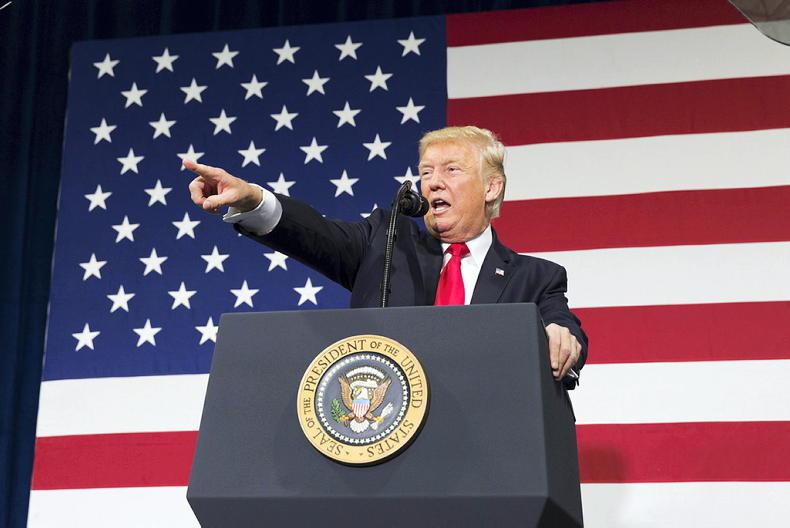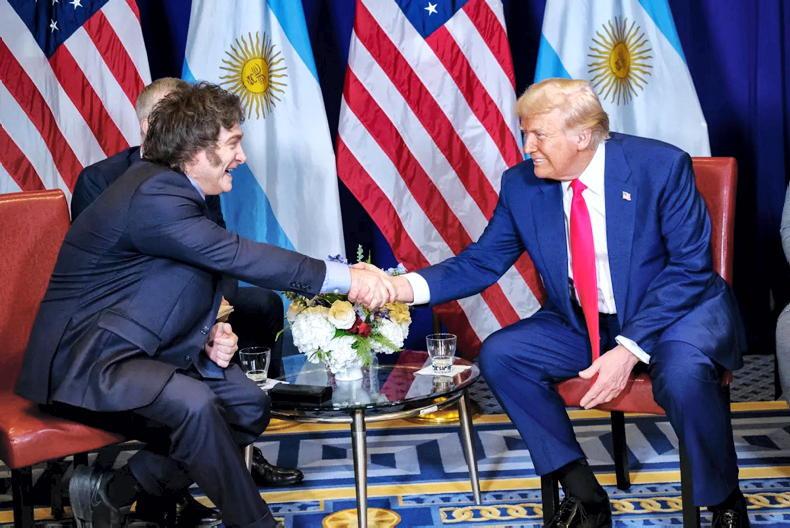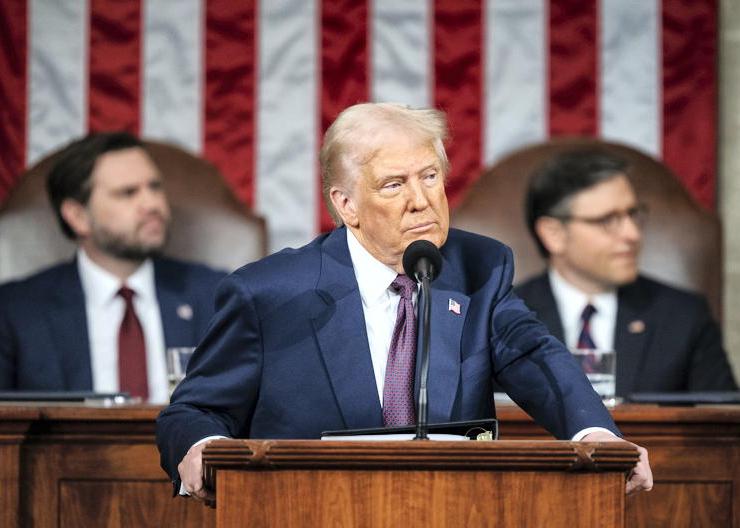The Conference of the Parties (COP) will hold its 29th meeting in Baku, Azerbaijan, starting on Monday and is scheduled to run until 22 November.
The lead-up to this event has garnered very little publicity, with the return of Donald Trump as president in the US dominating global headlines.
Another reason for this year's event being much lower key than on previous occasions is because of the absence of several global leaders, including the outgoing US President Joe Biden, China’s Xi Jinping and Brazil’s Luiz Inácio Lula da Silva, among others.
The EU will be led by Council president Charles Michel, not the Commission president Ursula von der Leyen.
Elephant in the room
There is no doubt that the return of Donald Trump as US president will be the main topic of discussion in the margins at COP29.
When he aas previously president, he withdrew the US from the Paris Accord and adopted an isolationist approach for the US on climate policy.
In his campaign this time, he was dismissive of green energy and the investment in it by the Biden administration and he eulogised the use of traditional fossil fuels.
While incoming President Trump may be the elephant in the room so to speak, the latest COP summit has its agenda and will be attempting to steer the world on a strategy to keep global temperature increases below 1.5 degrees.
This summit has been labelled the finance summit, because while there may be top-level agreement on the need to take measures to contain global warming to 1.5 degrees, there is almost no agreement on how to finance it.
At the Paris gathering in 2015, it was agreed to have a finance plan in place by 2025, but that seems ambitious at this point.
Finance will require a substantial redistribution of wealth from the wealthier countries in the world, along with steps to reduce their emissions to compensate developing countries that haven’t achieved their potential.
Funding climate ambition
One such example is the universal recognition of the need to preserve and protect the Amazon rainforest and avoid clearance for agricultural production.
However, Brazil will argue that this comes at a cost of lost development potential and it is correctly highlighted that much of temperate Europe was cleared of forest over recent centuries to facilitate growth in production from agriculture.
The same principle applies to countries with fossil fuel reserves, some - such as middle eastern countries - have exploited these, but others have not.
COP29 may be relatively low key and one reason for this is an assembly of the G20 countries in Brazil on 20/21 November.
This is one to watch for Irish farmers, as there is an expectation that the EU, who will be led by Commission president Ursula von der Leyen, and the Mercosur countries (Brazil, Argentina, Uruguay and Paraguay) will be pushing to close the outstanding environment chapter in the Mercosur trade deal, which was agreed back in 2019.










SHARING OPTIONS